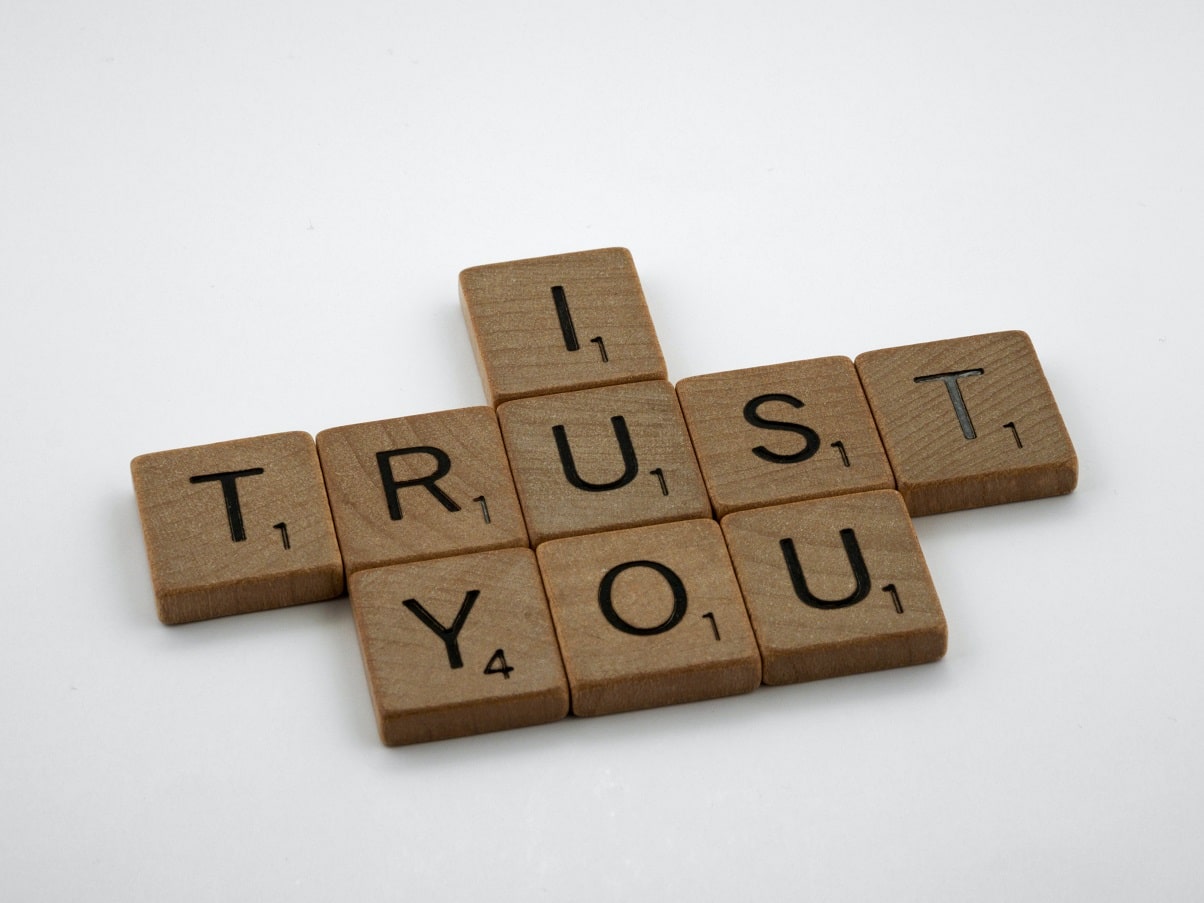Trusting a domain name extension
Today there are a lot of different domain name extensions to choose from for your desired domain name. With an incredibly long list available from us, you will always have a choice for your domain name, but do you want to make that choice? And what do people think about a certain domain name extension? We will discuss that in this blog post. Let's get started!
Domain name extensions are mainly for determining what the website is most made for. The well-known domain name extension .com is one of the most recognizable of these. After this you have domain names like .net and .org which are more made for organizations or associations. And then you have the many different country extensions, and even individual city extensions. At some point it may be interesting to register a second or third domain name extension in addition to your original domain name. But even that comes with issues. In this article we will therefore explain which domain name extensions make the most sense to register for your domain name protection. And which domain name extensions are perhaps better left unregistered.
Why is there a preference for a certain domain name extension?
The greatest preference for a domain name arises from what your target audience sees the most. Domain extensions such as .nl, .com and .be are seen the most and are therefore the most familiar in the Netherlands and Belgium. The country code also makes a big difference. Point com websites are more likely to be expected to be written in English, and .nl and .be in Dutch and Flemish will be the most common. It doesn't mean that you won't find any Dutch-language websites on .com domain name extensions. But that it is less expected.
The same principle can be applied in many situations. The off and on symbol on electrical appliances is instantly recognizable on any device. The American dollar and European euro are rock solid symbols for currencies all over the world, the Polish sloti will only really be known just across the border. This also applies to domain name extensions in much the same way. And you will have to adapt to your target group. Is your target group located in a certain country mainly? Then the best choice is that country's version of the domain name extension.
There are of course always exceptions to this rule, as some countries have made their domain name extension available for free to anyone who wants to register one. Excellent of course for students and projects that do not require production, but as a company, these domain extensions are better left aside. As soon as you start offering services on them or want to climb higher in the Google results with your domain name, for example, it will not be taken seriously. For every website on one of these domains that is set up for a legitimate reason and with good intentions, there are 100's of domains that are only set up for personal gain, or not as a serious project. This causes damage to the reputation of the domain name extension, and once that reputation is somewhat damaged, it will be very difficult to repair. That is why parties such as the SIDN, the administrator of all .nl domains, are working day and night to prevent and detect phishing websites and malware. Every visitor to a son's website who has experienced this will lose confidence in the extension. That is why the parties behind this are so busy.
Which domain name extension makes sense for your company or website idea?
The choice for your domain name extension is actually quite logical. Are you going to market yourself in Germany? Then choose .de. The Netherlands? Choose .nl. Belgium? .be. and so on. Only certain companies who are going to operate on a European or international market will also consider the .eu or .com domain name extension.
Do you have a particular market in mind, or do you want to use it more broadly. Do some research to find out which domain name is the most recognized by this market. The choice can then be made.
How do you register your domain name?
Registering a domain name is easy, simply enter your desired domain name in the domain name configurator on a page of MijnHostingPartner.nl and proceed with the order. After payment, your domain name is registered immediately thanks to the real-time registration. And can then immediately be used. The only thing you need to take into account is the DNS refresh. A process that can take a while. But with a small adjustment in your host file you can already start using your new domain name locally.
Why should you register multiple domain name extensions?
Your domain name is closely linked to your brand. It is a crucial part of your marketing and many other services associated with it. You obviously want to protect this. Some parties and individuals make it a sport to register domains related to your brand. Why is a good question, but often the goal is to extort money or cause reputation damage. You can prevent this yourself by registering small variations and include certain domain name extensions in your registration. Eventually you can register a lot of domains for a relatively small amount of money. The only thing is of course that these costs will return annually. So think about what is important to you and be sure to register it.
The trust that is placed in a domain name extension can be a big consideration for your own domain name. With a hosting package from MijnHostingPartner.nl and domain name registration you can find your partner for your online presence. So register your own domain name and hosting and start your online success story!
